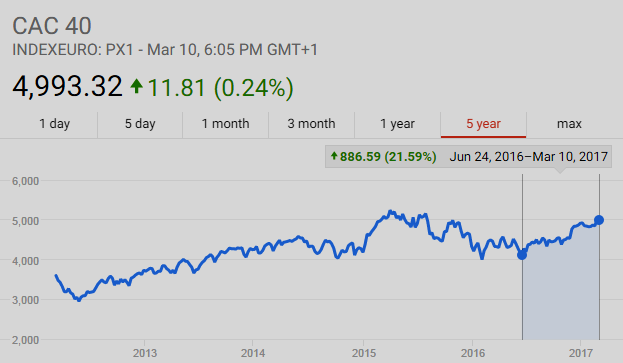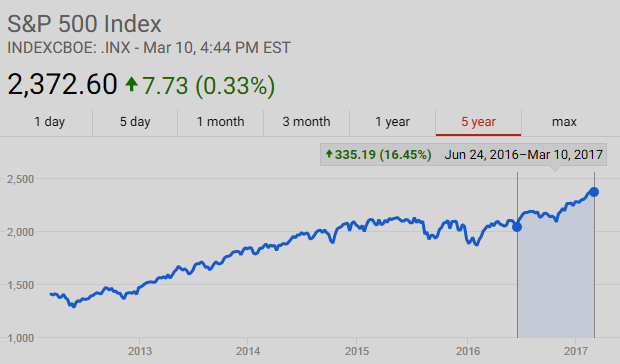A decade after the financial crisis, billionaire investor Warren Buffett explains what was behind the 2008 mayhem, what we can do to limit the damage and opportunities missed last time. Wall Street Journal (wsj.com) video above published Sep 6, 2018.
Why Warren Buffett Said No to Lehman and AIG in 2008
Warren Buffett’s Berkshire Hathaway is famous on Wall Street for having the cash to make deals happen, even during a crisis. But in 2008, he turned down both Lehman Brothers and AIG when they asked for help. In an interview with WSJ, he explained why. Wall Street Journal (wsj.com) video above published Sep 7, 2018.
Warren Buffett's famous advice to investors and his wife's trustee:
"Most investors, of course, have not made the study of business prospects a priority in their lives. If wise, they will conclude that they do not know enough about specific businesses to predict their future earning power. I have good news for these non-professionals: The typical investor doesn’t need this skill. In aggregate, American business has done wonderfully over time and will continue to do so (though, most assuredly, in unpredictable fits and starts). In the 20th Century, the Dow Jones Industrials index advanced from 66 to 11,497, paying a rising stream of dividends to boot. The 21st Century will witness further gains, almost certain to be substantial. The goal of the non-professional should not be to pick winners – neither he nor his “helpers” can do that – but should rather be to own a cross-section of businesses that in aggregate are bound to do well. A low-cost S&P 500 index fund will achieve this goal.
"That’s the “what” of investing for the non-professional. The “when” is also important. The main danger is that the timid or beginning investor will enter the market at a time of extreme exuberance and then become disillusioned when paper losses occur. (Remember the late Barton Biggs’ observation: “A bull market is like sex. It feels best just before it ends.”) The antidote to that kind of mistiming is for an investor to accumulate shares over a long period and never to sell when the news is bad and stocks are well off their highs. Following those rules, the “know-nothing” investor who both diversifies and keeps his costs minimal is virtually certain to get satisfactory results. Indeed, the unsophisticated investor who is realistic about his shortcomings is likely to obtain better longterm results than the knowledgeable professional who is blind to even a single weakness.
"If “investors” frenetically bought and sold farmland to each other, neither the yields nor prices of their crops would be increased. The only consequence of such behavior would be decreases in the overall earnings realized by the farm-owning population because of the substantial costs it would incur as it sought advice and switched properties. Nevertheless, both individuals and institutions will constantly be urged to be active by those who profit from giving advice or effecting transactions. The resulting frictional costs can be huge and, for investors in aggregate, devoid of benefit. So ignore the chatter, keep your costs minimal, and invest in stocks as you would in a farm.
"My money, I should add, is where my mouth is: What I advise here is essentially identical to certain instructions I’ve laid out in my will. One bequest provides that cash will be delivered to a trustee for my wife’s benefit. (I have to use cash for individual bequests, because all of my Berkshire shares will be fully distributed to certain philanthropic organizations over the ten years following the closing of my estate.) My advice to the trustee could not be more simple: Put 10% of the cash in short-term government bonds and 90% in a very low-cost S&P 500 index fund. (I suggest Vanguard’s [VFIAX or VFINX].) I believe the trust’s long-term results from this policy will be superior to those attained by most investors – whether pension funds, institutions or individuals – who employ high-fee managers."--Warren Buffett, February 28, 2014 (pdf) (emphasis and links added)The S&P 500 Index is a major and widely-followed stock market index based on the market capitalizations of 500 large companies having common stock listed on the NYSE or NASDAQ, and meeting other requirements. The S&P 500 is a capitalization-weighted index, associated with many ticker symbols, such as: .INX and $SPX, depending on the market or website.
 |
| S&P 500 |





